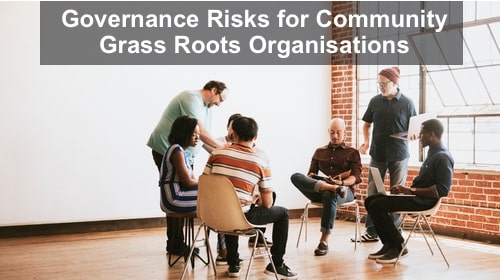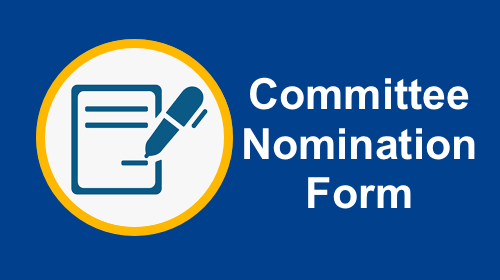What is a Code of Conduct and
Why Do You Need One?
Our code of conduct articulates your organisation’s core values. It also establishes ethical and behavioural standards for members and employees.
Authored by: iClick2Learn Team
Translate Text
Table of Contents
What is a Code of Conduct and Why Do You Need One?
Many not-for-profits adopt a set of guiding principles called a “code of ethics” or “code of conduct.” By formally adopting these values, your organisation gives employees, volunteers, and board members a clear set of guidelines for making ethical choices. A good code of ethics promotes accountability and emphasizes your not-for-profit’s commitment to ethical standards.
Code of Conduct Benefits
Not-for-profits depend on donations and public support. As such, they are generally held to a higher ethical standard than for-profit companies. A code of conduct helps your organisation adhere to those high standards and maintain esteem in the public’s eyes.
Your statement of values has many benefits. When members adopt a code of conduct, it reinforces their commitment to ethical behaviour.
Other benefits of a detailed code of conduct include:
- Helps your organisation maintain a reputation of integrity
- Keeps employees, volunteers, and members aligned on ethical standards
- Helps you remain in good standing with donors and the public
- Fosters a spirit of respect, inclusivity, and cooperation
- Ensures all activities align with your values
Code of Conduct: What’s In It?
Each code of conduct is unique. Your organisation’s statement will likely include details about your mission and vision, activities, and interactions. By articulating your core beliefs in a written document, your organisation is better positioned to attract skilled volunteers, retain donors, and recruit board members.
Your statement of values might cover topics like:
- Commitment
- Compliance
- Conflicts
- Confidentiality
- Conscientiousness
- Communication
- Community
To get a better idea of how you might arrange your organisation’s set of principles, you can find a sample code of conduct here. Remember, a good code of conduct will reflect your organisation’s unique values, mission, and priorities.
Your Code of Conduct: Conclusion
Having a written code of conduct is an excellent way to declare your not-for-profit’s values formally. Many organisations post their statement on their website for all to see. Every time you share your code of conduct, you are demonstrating your commitment to accountability and integrity.
Not-for-profit leaders must display the highest possible ethical standards. Having a reputation of honesty and integrity is paramount in today’s climate. One of the best ways to establish and maintain a cohesive set of ethical guidelines is a straightforward code of conduct. When everyone works under your set values, your organisation is poised to maintain trust and continue its excellent work in the community.
Related posts
Starting a Not-for-Profit
Accidental Counsellor
How to run your AGM
Developing a Fundraising Plan
Create a Sponsorship Plan
How to Develop a Logic Model [Course]
Social Impact
Develop Your Event Plan
Approving Your Budget
5 Tips for effective meetings
Board Assessments and Evaluations: An Introduction
Legal Structures
Organisational Structure
Governance and Your Organisation
3 Essential Financial Documents
Staying On Top of Your Financials
Informed Decision Making in Your Not-For-Profit
Getting to Know Your Constitution
Governance Risks for Service-Based Organisations
Governance Risks for Community and Grassroots Organisations
How to Take Meeting Minutes
Membership Application Form
Committee Nomination Form
Questions to Ask Your Board [Course]
Strategic Planning [Course]
- Tags | Boards and Committees, Compliance, Diligence, Governance, Legals, Risk
























